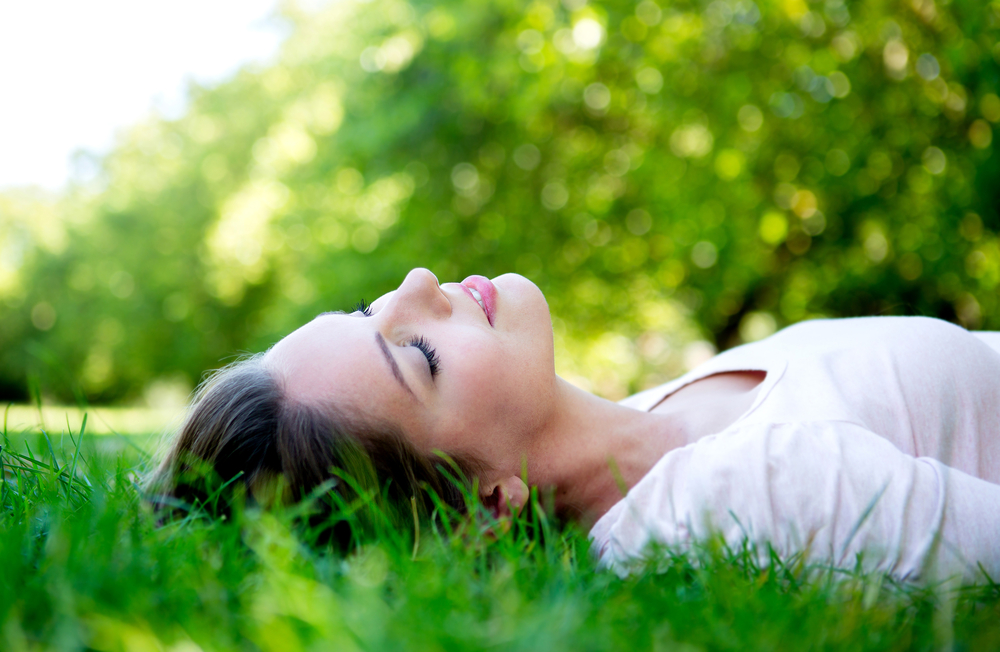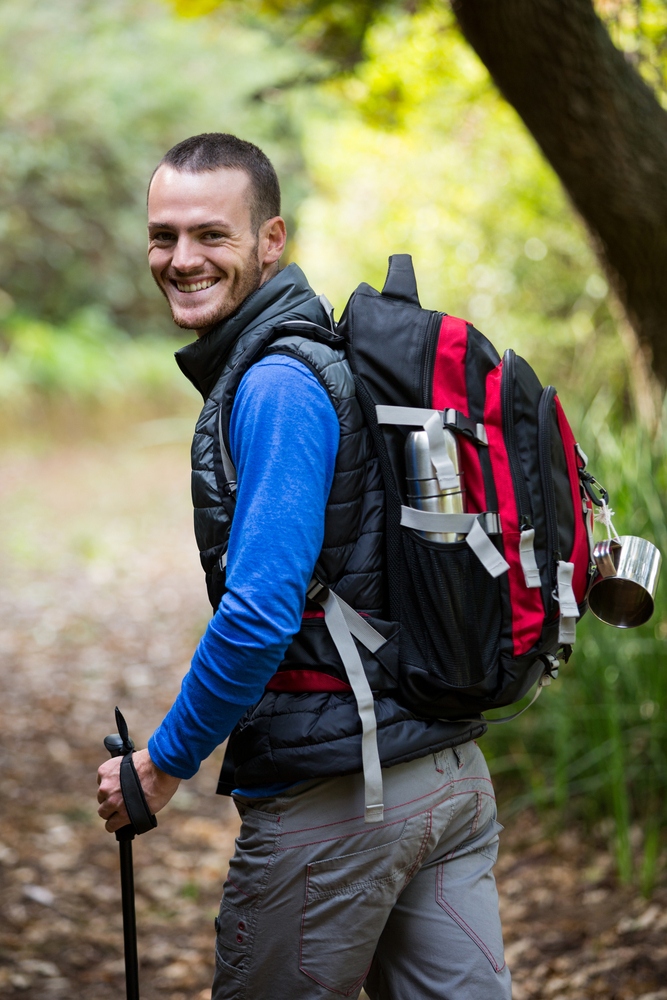Summer is here, which means plenty of sunshine, lots of active time outside, cookouts with friends and grabbing dinner fixings straight from the garden, or at the farmers’ market in town.
For all its many pleasures, summer can be hard on sleep. The heat makes it harder to get comfortable, sound nights of rest. Our schedules and routines can easily go sideways, upsetting sleep patterns and leaving us short on sleep.
Many of my patients try to pack so much activity into their summer calendars they wind up feeling stressed and overwhelmed. If you’ve ever greeted September feeling like you need a vacation, you know what I’m talking about.
Here are a few essential sleep tips to get you and your family through this summer season:

1. Limit your evening light exposure
In the sleep world, we talk all the time about melatonin and the importance of avoiding
too much artificial light exposure in the evening.
One part of the sleep-light conversation that often gets overlooked? How summer’s extended daylight can contribute to delayed melatonin production and to sleep issues.
You’ve heard of seasonal affective disorder, or SAD, a wintertime condition that occurs in large part because of circadian rhythm disruption that results from too little sunlight. You may not know that scientists have identified a reverse seasonal affective disorder that happens in the summer—a version of the summer blues—that may occur as a result of too much sunlight.
Everyone’s circadian biology is unique, and not everyone is at risk for the summer blues, or the winter ones. (These circadian rhythm disorders are also affected by geography, with people in more northern regions of the US more likely to experience SAD, and people in the southern areas more vulnerable to reverse SAD.)
It’s important to pay attention to summer changes to your sleep patterns, particularly an inability to fall asleep around your regular time, as well as changes to your mood. And it’s a good idea for everyone to take steps to make sure you get time out of bright light before bedtime, so your body can make the melatonin it needs to bring about sleep.
2. Load up on Vitamin D
Roughly half of adults in the US are estimated to have a Vitamin D deficiency. A lack of Vitamin D can have a broad impact on your health, including increased risks for heart disease, diabetes, cancer and depression.
Vitamin D is also important for sleep, helping maintain sleep quality and protect sleep amounts. (I’ve written before about the growing evidence of Vitamin D’s role in promoting healthy sleep.) The best source of Vitamin D is the sun.
Research suggests that Vitamin D absorbed through the skin lasts as much as twice as long in the body compared to Vitamin D that’s ingested through food or supplements. For obvious reasons, summer is prime time to fuel your body with sun-delivered Vitamin D. Five to 10 minutes a day of sun exposure without sunscreen can give your body a healthy boost of Vitamin D.
3. Go camping
Are you a fan of sleeping under the stars? Sleeping in nature, and away from all the sleep-disrupting artificial light exposure and stimulation of everyday life, turns out to have some pretty potent benefits for sleep.
Scientists at the University of Colorado, Boulder have spent several years studying the effects of camping on sleep and circadian rhythms. Their research has found that as little as a weekend’s worth of camping—with only sunlight and firelight for light sources—can reset circadian rhythms to their natural cycle and elevate melatonin production. That’s going to help you sleep better, able to fall asleep earlier, get more sleep, and wake feeling more rested. It will also improve how you function and feel during the day.
Remember, circadian rhythms do a lot more than regulate sleep. They play a critical role in regulating everything from appetite and digestion, to mood, cognitive function, energy levels and sexual desire. If you’re really into camping, the researchers in 2017 found that winter camping also works to reset circadian rhythms and increase melatonin production.
4. Spend time in nature

Time spent in nature can lower stress and reduce our risks for depression, both of which interfere with sleep. This 2015 study showed that a 90-minute walk through a natural landscape produces changes to negative thought patterns and quiets activity in areas of the brain that influence negative thinking.
5. Pay down your sleep debt
If you don’t over-schedule yourself all summer long, this can be a great season to erase a sleep debt you and your family have been carrying.
Sleep debt is the difference between the amount of sleep you need and the amount of sleep you’re actually getting. Most adults need 7-8 hours a night.
Children and teens need more sleep: six to 12 years olds need somewhere between 9-12 hours a night, and teenagers typically need 8-10 hours. Everyone’s individual sleep needs are different. Use the numbers as a guideline, and pay attention to how you feel and function, while keeping in mind that when you’re short on sleep, you’re likely to underestimate how much sleep deprivation is affecting you.
There are a couple of ways to approach repaying a sleep debt during the summer. You can use your vacation time to re-charge your sleep and reset your natural circadian rhythms, whether that’s by camping or setting up a very restful, relaxed vacation where you can unplug from electronics and reconnect with your natural sleep rhythms.
You can also pay down your sleep debt a little bit at a time throughout the summer, by giving yourself small amounts of additional sleep on most nights. Shift your bedtime or wake time by 15-30 minutes to extend your overall sleep window, and add some extra wind down time to your evening Power Down Hour.
6. Stay cool
Do I need to tell you to keep your home and especially your bedroom cool and comfortable this summer? Hot, humid temperatures are tough on sleep. An ideal sleeping temperature for most people is about 65 degrees Fahrenheit. In summer, that means nearly all of us will need to take steps to cool down our sleeping spaces in order to sleep comfortably:
Keep your bedroom cool throughout the day, including keeping shades drawn
Use fans and air conditioners to regulate your bedroom temperature
Keep your bed linens and covers light and breathable, made from natural fabrics like cotton and linen
Don’t over-dress for sleep—and try sleeping in the nude
Summer doesn’t have to throw a wrench in your sleep. With a little attention, summertime can be relaxing for both the body and mind, and a sleep-restoring season for the whole family. I wish you a fun, sun-filled, sleep-friendly summer!
Just know that if you or a member of your family has a chronic sleep problem, Alaska Sleep Clinic is here to diagnose and properly treat it now. Call us today @ 907-357-6700.











